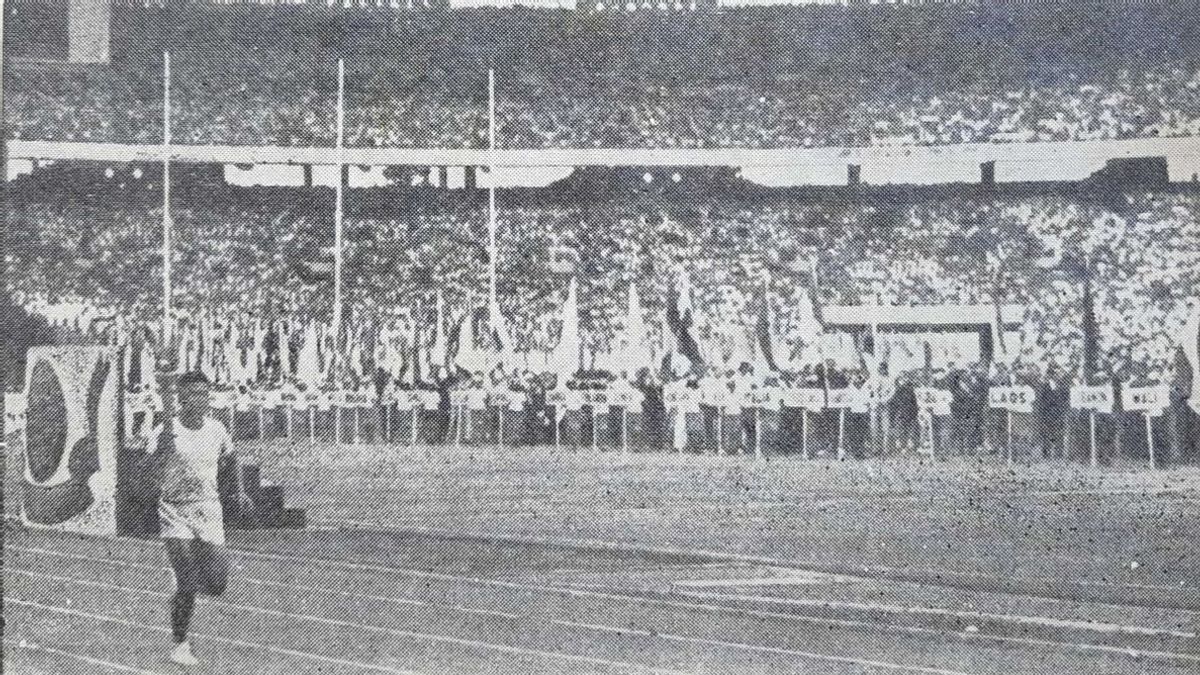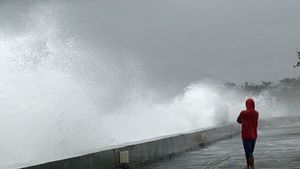JAKARTA The massive rejection of the Israeli team which forced the 2023 U-20 World Cup to be canceled in Indonesia shows that politics cannot be separated from the world of sports.
Although many people insist that politics should be kept away from sports, the relationship between the two is still difficult to break. History shows that rejection due to the political situation is not the first time this has happened.
Wenting Xue and Qing Luo in their book "The Asian Games: Modern Metaphor for The Middle Kingdom' Reborn" records well how political tensions heat up to the world of sports as happened in the fourth edition of the Asian Games in Jakarta in 1962.
At that time, Indonesia led by President Soekarno firmly rejected Israel's presence because of pressure from Arab countries. Not only Israel, Indonesia also rejects Taiwan's participation in good relations with China.
At that time the Indonesian government refused to issue visas for the Israeli and Taiwanese delegations. The attitude then led Indonesia to receive criticism and sanctions from the Asian Games Federation (AGF) and the International Olympic Committee (IOC).
"In 1962 Indonesia refused to allow Taiwan to participate in the fourth Asian Games in Jakarta to maintain friendly relations with China Baru," wrote Wenting Xue and Qing Luo.
At that time, Soekarno's attitude was very clear, namely wanting sports to be a place of solidarity for political interests and a sense of nationalism. This is against the rules of the Asian Games Federation.
The situation was heating up at that time because Indonesia had previously promised to invite all AGF members including those who do not have diplomatic relations with Indonesia (Israel, the People's Republic of China, and South Korea).
Political images are often mixed with sports can also be seen at the 1954 Asian Games when the AGF invited Taiwan to participate in the second edition of the Asian Games. The invitation made the All-Chinese Sports Federation firmly cut all ties with the AGF.
"Since then, China has been isolated from the Asian Games arena for 20 years," Wenting Xue and Qing Luo wrote in "The Asian Games: Modern Metaphor for The Middle Kingdom'Reborn".
In an international environment full of isolation and rejection, but exceptions to the Jakarta Asian Games in 1962 and the 1966 Asian Games, the People's Daily basically adopted a 'quiet' stance.
The media defines the position of 'one China' and disapproval of relevant resolutions from the Asian Games Federation as well as reducing the negative impact caused by Taiwan's participation in the Asian Games.
However, when the situation at the Jakarta Asian Games in 1962 turned out to be in China's favor. The People's Daily took the right moment to publish news and editorials that supported the actions of the Indonesian government and condemned the interference of the imperialists led by the United States.
This action complements the Asian narrative that is manipulated by "American imperialism" with clear boundaries between friends and opponents. It also displays strong political views and ideologies.
The 4th Asian Games will be held from August 24, 1962 to September 4, 1962 in Jakarta, Indonesia. A total of 1,460 athletes, who come from 16 countries, competed in Asiad, where badminton debuted.
The English, Chinese, Japanese, Arabic, and French versions are automatically generated by the AI. So there may still be inaccuracies in translating, please always see Indonesian as our main language. (system supported by DigitalSiber.id)










